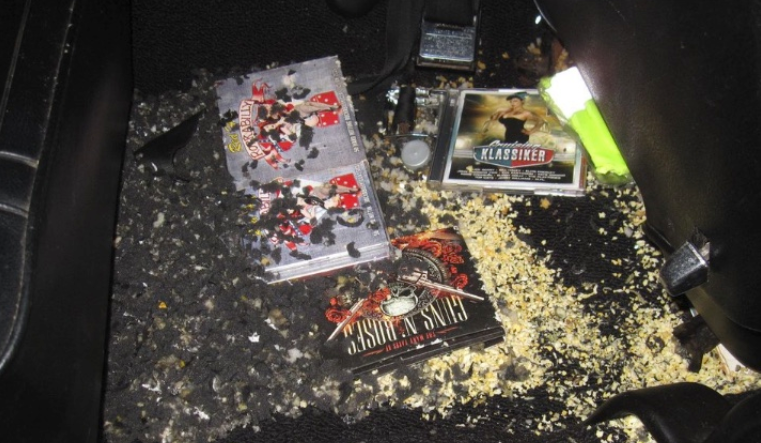Electric cars are proving irresistible to mice and other pests. They simply love to gnaw on cables and other electronics, warns Danish insurance company If.
Others are reading now
While electric car owners may enjoy savings on registration fees and ‘fuel’ in the form of home charging rebates, they need to be particularly aware of one issue, according to a new warning from Danish insurance company If. Pests such as mice and other rodents apparently love chewing through the cables in electric cars.
“Electric Cars are a Treat for Pests. It’s wise to be cautious,” says Sigmund Clementz, press officer at If.
In 2020, these types of damages to cars were so severe that If’s Norwegian division dubbed it the ‘Year of the Mouse’ due to rodent damage to passenger cars and trucks.
The damages at that time amounted to approximately $650,000. Now, If not only believes but expects electric car owners to be hit by the same plague.
Also read
“We’re already starting to see mouse damage to cars because mice move in when it’s cold. Precautions should be taken to avoid friction damage to things like seats, wire insulation, and vital parts of the car,” says Clementz.
Therefore, insurance companies are advising motorists not to leave food remnants in their cars. Mice and other rodents love to feast on these, and they will cause incredible damage to get to them.
“Anything that could be food for mice should be removed. Clean the car thoroughly of chocolate, nuts, and any food residue. Vacuum the car to remove even crumbs,” the press officer advises.
Additionally, it can be a very good idea to acquire one or more mouse traps to place in the immediate vicinity of the car.
“It’s obviously a good idea to put out a couple of mouse traps here and there in the garage or winter storage area. You can also buy electronic mouse repellents. These produce a high-frequency sound that should scare away pests. However, some are more effective than others,” he says.


